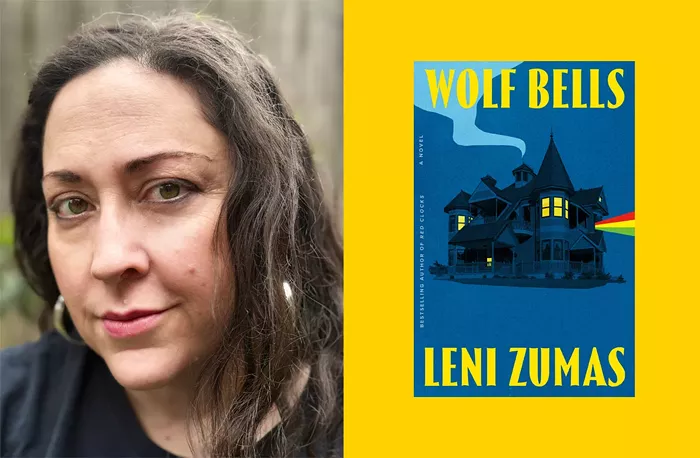
"When Leni Zumas' came out in 2018, the speculative novel was widely lauded, not just for Zumas' quicksilver prose, but for the story's dystopic setting: a United States of America where the practice of abortion has been criminalized. Now, in the space of seven years, that speculation has become reality for the residents of 12 states. Red Clocks struck a relevant chord for those who saw the tide shifting."
"Zumas' new novel Wolf Bells is an obvious step forward in terms of clarity and employs her ultra readable, highly-effective form-the merry-go-round of characters whirs to life. However, I wonder if it's possible for the book to receive even a shadow of the same acclaim as her previous novel. Not only is it not about a hot button issue, but it's centered on people society would like to forget: older women, disabled people, the elderly, and students, among others."
"Run by Caz-a successful musician past her heyday-and her bandmate/best friend Vara, the house has a lot of problems (they need to hire a nurse) and delights (someone always seems to be cooking). Caz has tried to create a mutually beneficial set-up to keep elderly tenants out of impersonal facilities by offering free rent to students in exchange for weekly chores."
Wolf Bells centers on an intentional intergenerational house where young and old live together in a grand, three-story historic home. Caz, a successful musician past her heyday, and her bandmate and friend Vara run the house, which combines practical problems (they need to hire a nurse) with domestic delights. The arrangement offers free rent to students in exchange for chores and companionship with elderly tenants, aiming to keep seniors out of impersonal facilities. The narrative circles among residents' histories and the home's past, beginning with 1919 origins and returning irregularly to reveal mysteries, animating characters through a multi-perspective form.
Read at Portland Mercury
Unable to calculate read time
Collection
[
|
...
]